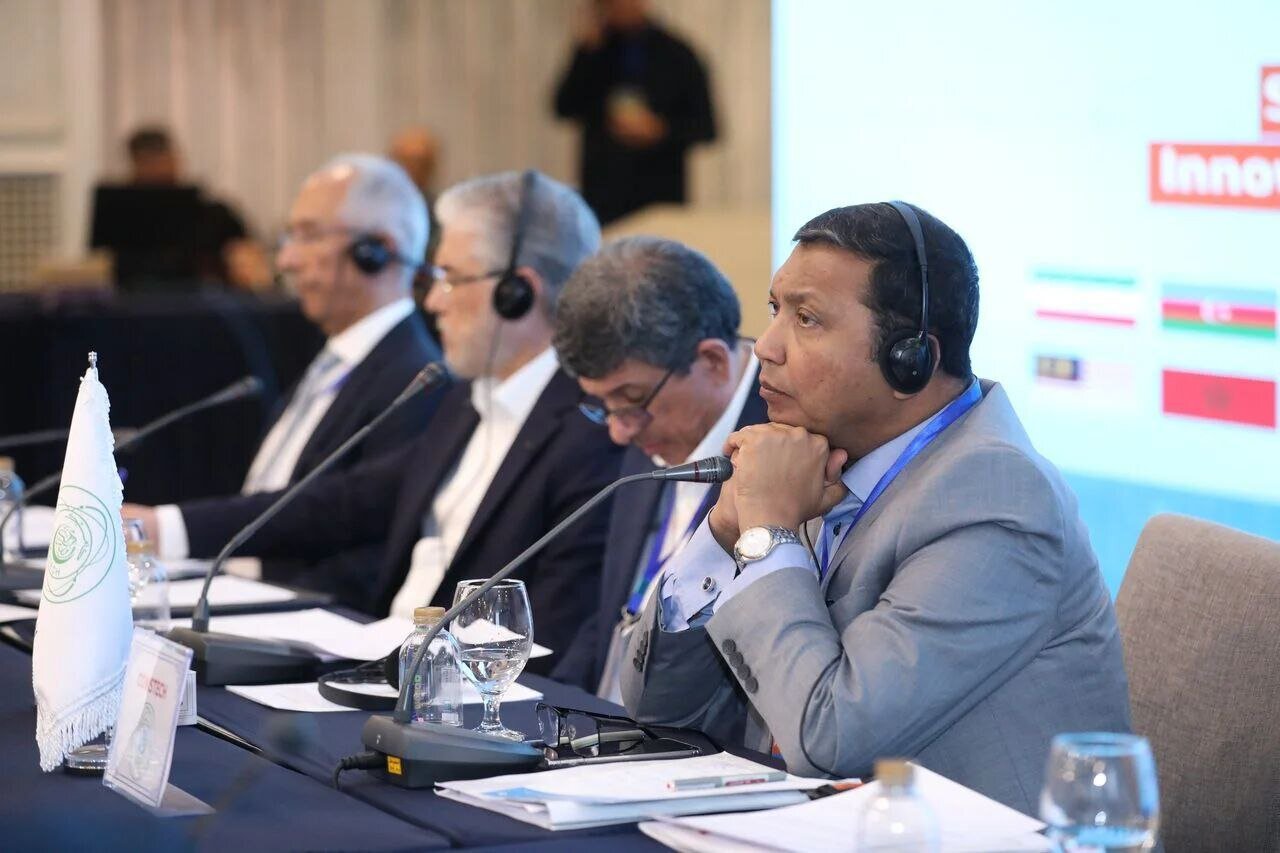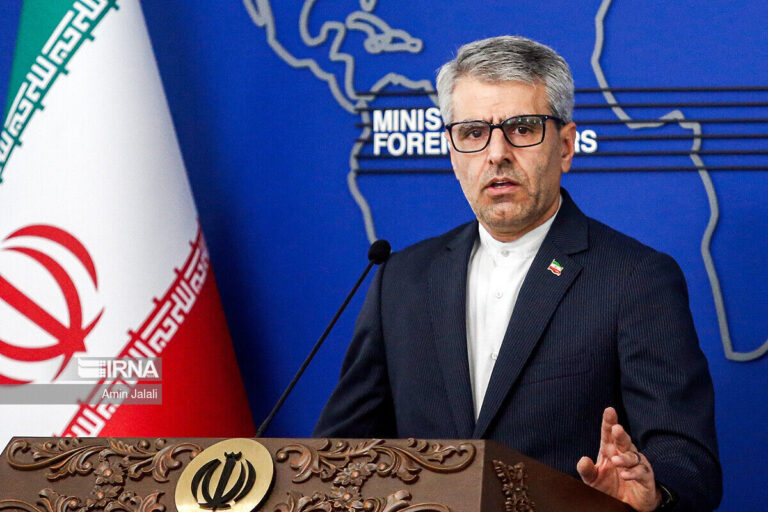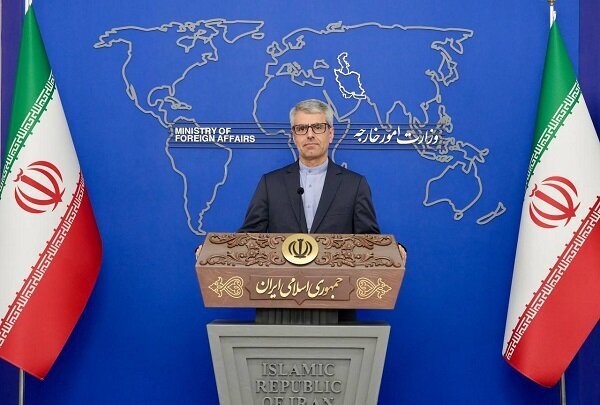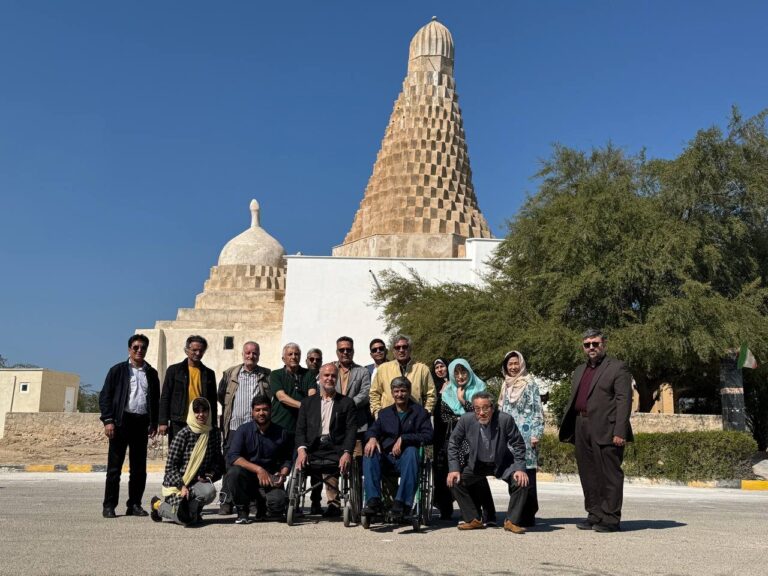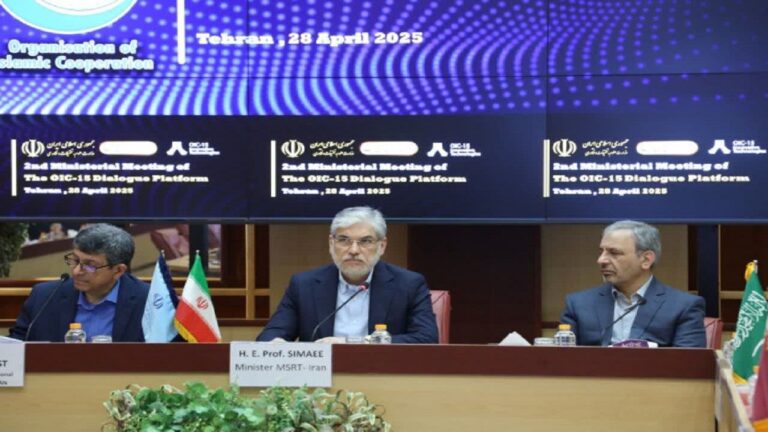Iran’s Pivotal Role in AI Fueled by Indigenized Technology, Says COMSTECH Official
In recent discussions surrounding artificial intelligence (AI), Muhammad Iqbal Choudhary, the coordinator general of the Ministerial Standing Committee on Scientific and Technological Cooperation (COMSTECH), highlighted Iran’s pivotal contributions to the field, emphasizing its reliance on indigenized technology. As a prominent member of the Organization of Islamic Cooperation (OIC), Iran’s advancements in various technological sectors are noteworthy.
Choudhary made these remarks during the second Ministerial Meeting of the OIC-15 Dialogue Platform, which took place from May 17 to 19. This gathering served as an essential platform for discussing the future of AI and its implications for Islamic nations.
Iran’s Role in Artificial Intelligence
According to Choudhary, Iran stands out as a remarkable member within the OIC. The country has achieved self-sufficiency across multiple sectors by leveraging its indigenous technological capabilities. Despite facing numerous sanctions, Iran continues to make significant strides in the AI sector, positioning itself as an influential player in the global AI arena.
Highlights from the OIC-15 Ministerial Meeting
The Second Ministerial Meeting of OIC-15 was centered on the theme of AI, under the title: ‘Innovation in Science and Technology through using AI: A strategy for excellence, a bright future for the Islamic World’. The meeting’s focus was multifaceted, addressing:
- Challenges and opportunities in AI within higher education
- The impact of AI on economic development
- Strategies for enhancing regional cooperation through scientific diplomacy
This three-day event provided a vital opportunity for participants to discuss the pressing challenges faced by Islamic nations in the technology sector, particularly in relation to AI.
Discussions and Outcomes
During the meeting on May 17, attendees engaged in lively discussions about AI, with heads of delegations presenting their insights. Following these discussions, science ministers or their representatives participated in bilateral meetings to foster collaboration and exchange ideas.
One of the notable outcomes anticipated from this meeting was the approval of the first multilateral document on artificial intelligence among Islamic countries. This document is expected to lay the groundwork for future cooperation in AI development across the member states.
Exhibition of Technological Achievements
To complement the discussions, an exhibition showcasing Iran’s achievements in science, technology, and AI was held on the sidelines of the event. This exhibition featured various knowledge-based companies, highlighting their capabilities and innovations.
The OIC, being the second-largest organization after the United Nations, comprises 57 member states distributed across four continents. This vast network provides a unique platform for collaboration and innovation among its members, especially in rapidly evolving fields like artificial intelligence.
In summary, Iran’s active participation in the OIC-15 Ministerial Meeting underscores its commitment to advancing artificial intelligence and fostering regional cooperation among Islamic nations. The discussions held during this event are poised to address the challenges and opportunities presented by AI, paving the way for a brighter future for the Islamic world.
As the dialogue around AI continues to grow, it will be crucial for member states to collaborate and share knowledge, ensuring that they can harness the full potential of this transformative technology.
